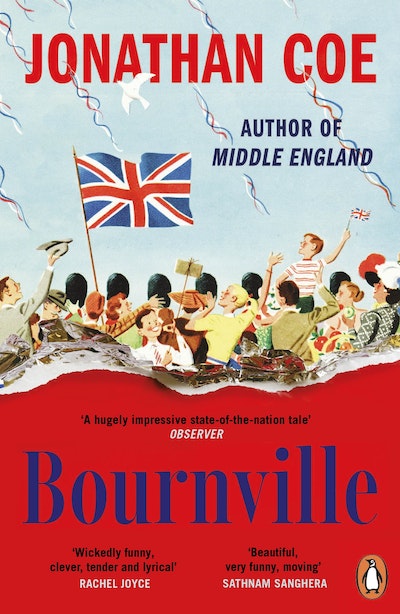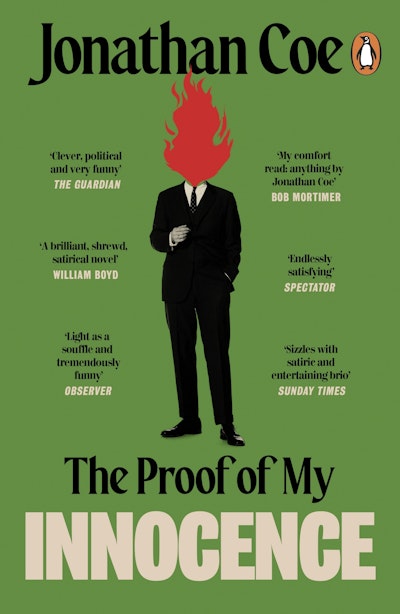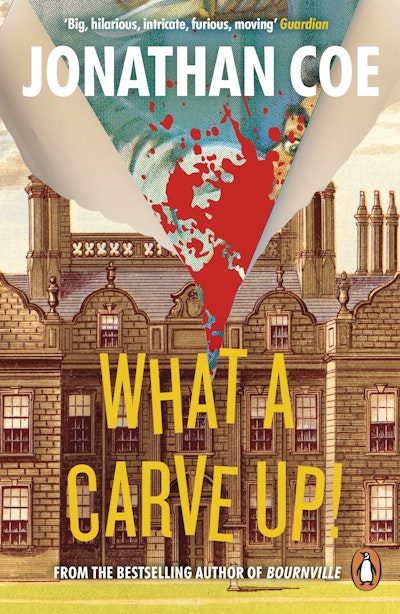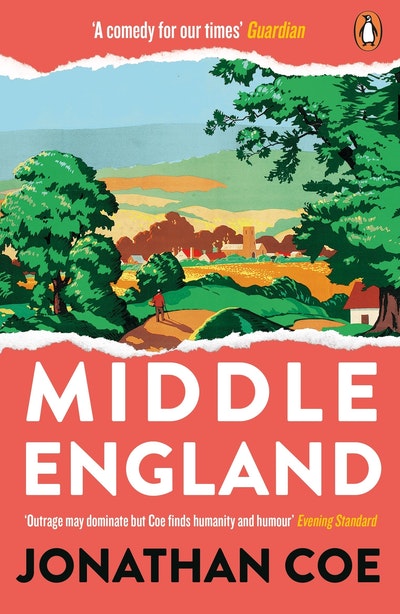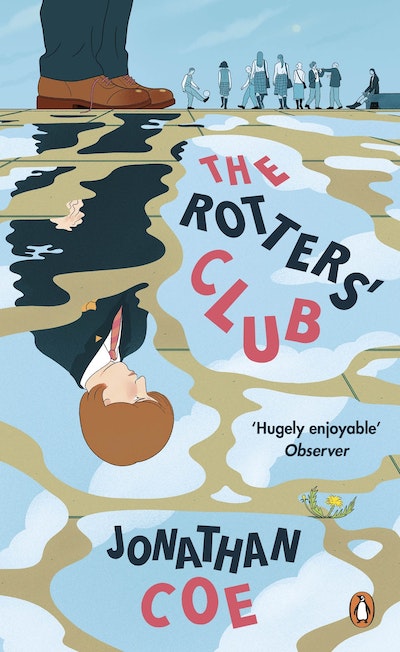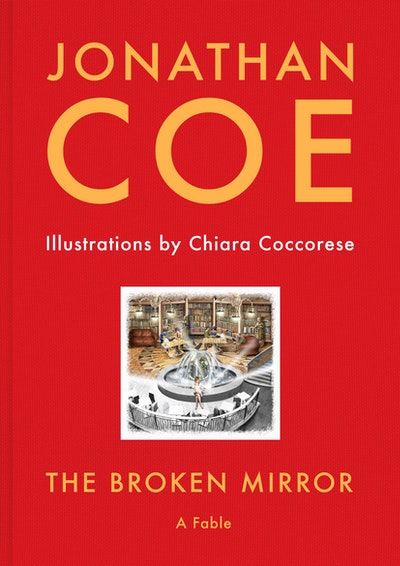[]
Play sample
- Published: 18 August 2008
- ISBN: 9780141916880
- Imprint: Penguin eBooks
- Format: EBook
- Pages: 176
The Accidental Woman
Formats & editions
Buy from…
- Published: 18 August 2008
- ISBN: 9780141916880
- Imprint: Penguin eBooks
- Format: EBook
- Pages: 176
Very funny
Spectator
Delightfully quirky
Financial Times
Slyly parodies the cliches of most first novels
Guardian



